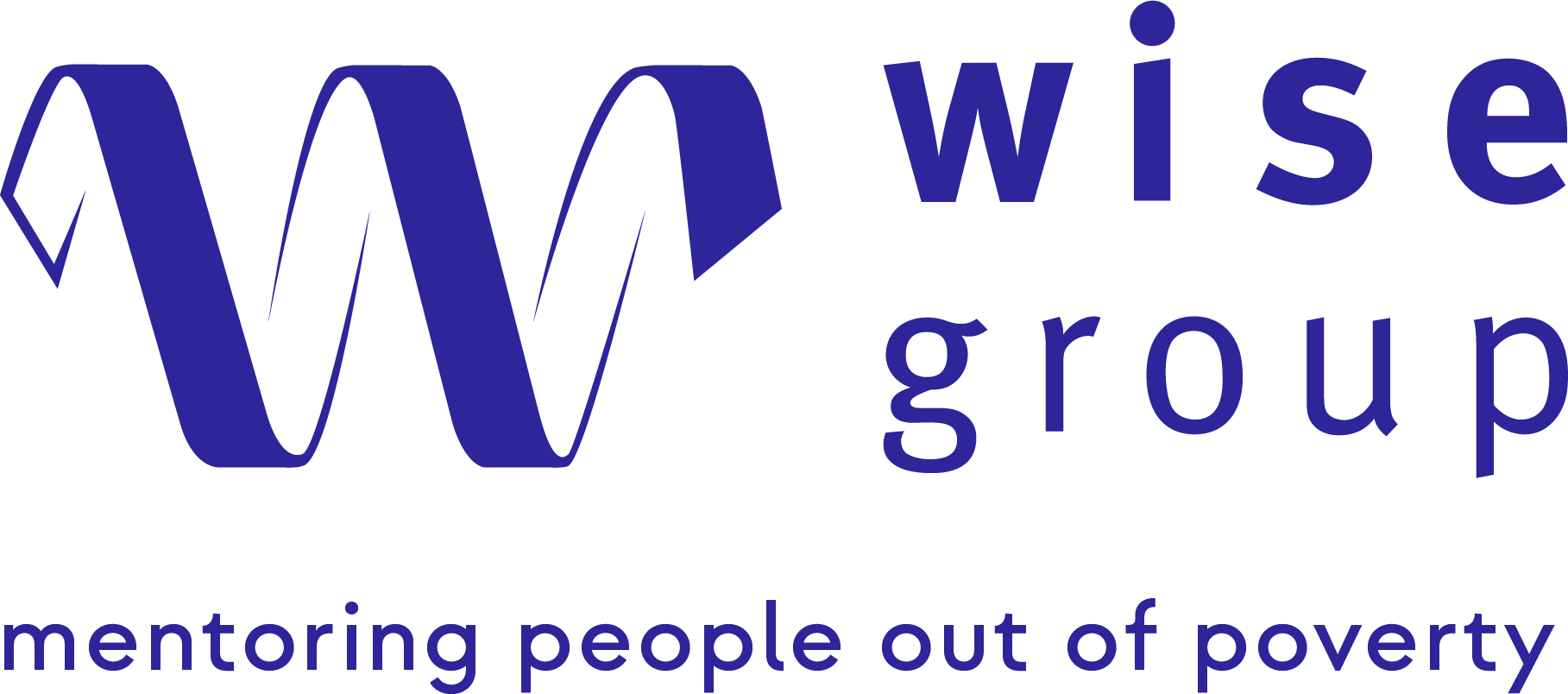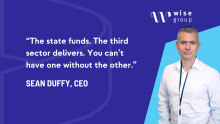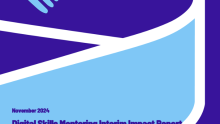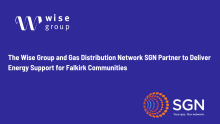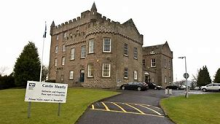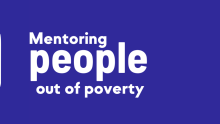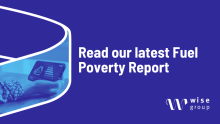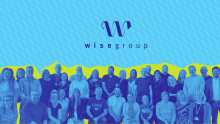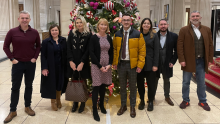You won’t often hear a social enterprise Chief Executive say that money isn’t such a big deal, and you’re not going to hear it from me either. At the Wise Group, our job is to lift people out of poverty for the long term, and cash benefit payments to people living in poverty absolutely have a role to play.
Very often, we are working with people who will not have heating tomorrow without money today, or who cannot put breakfast on the table tomorrow without money today. So, the importance of benefits like the Scottish Child Payment or Winter Heating Benefit should not be understated. But it should also not be overstated.
We have a habit, I think, of looking at the payment of benefits as ‘job done’. The truth is far from that. Benefit payments may help temporarily, but for those we support, living in deep poverty, these benefits don’t even touch the sides. They do not lift people out of poverty in the longer term. That requires far more than money.
We know this first hand from our approach, which we call Relational Mentoring. This model provides a crucial link between policy and people. For example, there may be a policy to provide help with heating costs. A person may be able to turn on their heating today, but our Relational Mentoring might uncover the fact that they have their heating on with their windows open. In other words, the person is a grateful recipient of the policy, but the policymaker may not realise that the person lacks the training or tools to make the policy work effectively.
This is why we need to be smarter about poverty. We must be nimble, prepared to change what’s failing, and enhance what’s succeeding. Our understanding of the problems needs to be nuanced, and we must assess how well current policies are addressing them.
At the Wise Group, we work across Scotland and England, partnering with both the Scottish and UK Governments to support people facing complex, connected challenges that limit life chances – from skills gaps and poor mental health to housing instability and economic inactivity. These issues are red flags for government policy, signalling where systems are under strain and people fall through the gaps.
Through Relational Mentoring, we help prevent crisis by working alongside people to overcome barriers and build lasting resilience. In justice, we support people on remand to avoid the loss of housing, employment and family connections. For young people furthest from the labour market, we help those excluded from education or training to build confidence, develop skills and sustain apprenticeships or work.
Relational Mentoring is a proven model for prevention and integration – aligning with policy ambitions to deliver better outcomes, reduce costs, and create stronger, more resilient communities.
It is expensive to keep people in poverty and incredibly rewarding to lift them out for good. We see our job as being an honest friend of both governments in their pursuit of better outcomes, and our conversations with governments are based on four themes we believe will make this a reality.
The first theme is data. Through just one of our services, the Wise Group has captured over one million data points annually through an integrated system that targets poverty precisely, house by house. Our data-led approach enables us to track progress, demonstrate impact, and report value for money in a complex environment. We support individuals across 15 need areas aligned to government policy and use an adaptable model to address nearly any outcome or cohort, leading to our second theme – value.
The government spends vast amounts of taxpayers’ money on welfare. We want to see the welfare bill fall, not because the government spends less, but because fewer people need help. Our work ensures that benefit payments are used more effectively, but there’s another side to value – social value. The Wise Group promotes social value, which adds significantly to people and society. Using strict HM Treasury Green Book principles, we aim to create £1.5 billion in social value by 2029.
At the heart of our work is the belief that the power of relationships is key to breaking cycles of poverty. Our Relational Mentoring approach provides more than just a solution; it builds trust, understanding, and long-term support. Mentors work with individuals to guide them through the complexities of poverty, equipping them with the skills they need to regain control over their lives.
Beyond the immediate financial relief, personalised support can transform a person’s trajectory. Through practical help with financial literacy, career guidance, or simply being there as a sounding board, we provide the tools necessary to break free from poverty. These are not just quick fixes; they are sustainable changes that offer people a real chance at a better life.
Our third theme is partnership. The Wise Group cannot operate successfully in isolation. Our work is deeply rooted in community collaboration. By partnering with local organisations, we ensure that our support is meaningful and responsive to the real needs of the people we serve. We are part of a broader ecosystem of social enterprises, charities, service providers, and governments. The government funds, and the third sector implements. You can’t have one without the other, and we need to ensure governments don’t feel self-conscious about their limitations in reaching certain people or communities.
Lastly, progress. Gradual progress, not instant perfection, is key to long-term poverty alleviation. Political discourse often demands quick fixes, but poverty alleviation doesn’t work that way. Our Relational Mentoring approach tracks individuals’ progress to ensure they are on a sustainable journey to a better life. Progress may be slow, but it is lasting.
Poverty is harmful to people, families, societies, governments, and taxpayers. It affects all of us. It’s crucial that we think more clearly about how to get people out of it for good.
